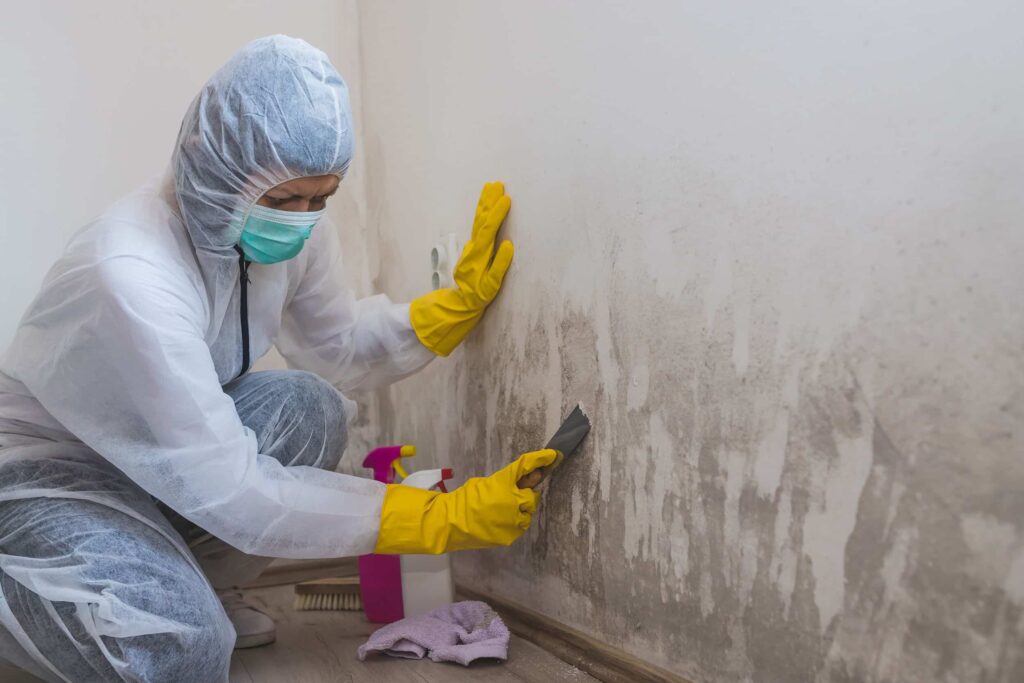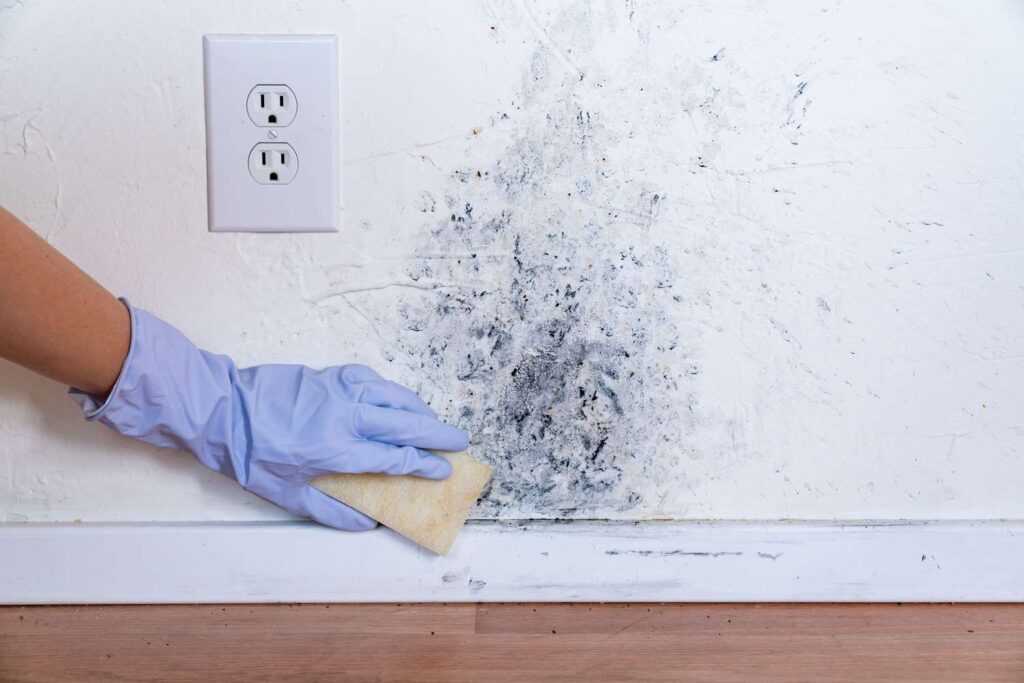For homebuyers in the Houston area, understanding and addressing potential mold issues are paramount due to the region’s humid climate. Mold Testing Services Houston TX plays a crucial role in this process, offering numerous benefits that contribute to informed decision-making, property value preservation, and the creation of a healthy living environment.
This article explores how mold testing can significantly benefit homebuyers in the Houston real estate market.
I. Awareness of Houston’s Humid Climate:
- Understanding Mold Risks:
- Homebuyers in Houston need to be aware of the increased risk of mold growth due to the region’s high humidity levels.
- Mold testing provides a proactive approach to identifying potential issues and mitigating risks.
- Educated Decision-Making:
- Mold testing empowers homebuyers with information about the property’s mold status.
- Armed with this knowledge, buyers can make educated decisions and negotiate effectively during the purchasing process.
II. Health and Safety Considerations:
- Respiratory Health Impact:
- Mold can negatively impact indoor air quality, potentially leading to respiratory issues.
- Mold testing helps assess the presence of mold spores, allowing homebuyers to gauge potential health risks.
- Allergies and Sensitivities:
- Individuals with allergies or sensitivities may be more susceptible to mold-related health issues.
- Mold testing helps identify specific mold types, enabling buyers to assess potential allergens and make decisions accordingly.
- Peace of Mind:
- A clean bill of health from mold testing provides homebuyers with peace of mind.
- Knowing that the property has been thoroughly assessed for mold reduces anxiety about potential health hazards.
III. Protection of Property Investment:
- Preserving Property Value:
- Mold issues can significantly impact the value of a property.
- Early detection through mold testing allows buyers to address potential problems before they escalate, preserving the property’s value.
- Negotiation Leverage:
- Mold testing results can be used as negotiation leverage during the homebuying process.
- Buyers armed with testing data may negotiate for remediation or price adjustments based on the property’s mold status.
- Avoiding Hidden Costs:
- Unaddressed mold issues can lead to hidden costs for buyers after the purchase.
- Mold testing helps uncover potential problems, allowing buyers to factor in necessary remediation costs or negotiate repairs before closing the deal.
- Safeguarding Against Future Liabilities:
- By conducting mold testing, homebuyers safeguard themselves against potential legal liabilities.
- Proactive disclosure and remediation efforts protect buyers from future disputes related to undisclosed mold problems.
IV. Identifying Hidden Mold Issues:
- Behind-Wall Detection:
- Mold growth behind walls can go unnoticed during a visual inspection.
- Mold testing, especially with the use of infrared cameras, can identify hidden moisture issues that may lead to mold growth.
- Comprehensive Assessment:
- Mold testing involves comprehensive assessments, including air and surface sampling.
- This multi-faceted approach helps identify hidden mold issues that may not be visible during a routine walkthrough.
- HVAC System Evaluation:
- Mold can circulate through HVAC systems, contributing to indoor air quality problems.
- Specialized HVAC mold testing can identify potential mold dispersal through the air ducts, allowing buyers to address issues before moving in.
V. Informed Decision-Making During the Homebuying Process:
- Customized Inspection Plans:
- Mold testing services can create customized inspection plans tailored to the homebuying process.
- These plans may include pre-purchase mold inspections, post-remediation verification, or rapid response services to accommodate tight timelines.
- Transaction-Specific Reporting:
- Mold testing services generate reports specifically designed for real estate transactions.
- These reports provide clear and concise information that aids homebuyers in understanding the property’s mold status.
- Guidance for Negotiations:
- Armed with mold testing results, homebuyers gain insights that can be used during negotiations.
- Buyers can work with sellers to address mold issues, potentially leading to favorable outcomes in terms of price adjustments or remediation efforts.
VI. Professional Expertise and Guidance:
- Collaboration with Realtors:
- Mold testing services often collaborate with real estate professionals, including realtors.
- This collaboration ensures that the mold testing process seamlessly integrates into the overall property assessment.
- Guidance from Mold Testing Experts:
- Homebuyers benefit from the expertise of mold testing professionals who can provide guidance on the significance of findings and recommended actions.
- Professionals can also educate buyers about preventive measures for maintaining a mold-free home.
VII. Future-Proofing Against Mold Issues:
- Preventive Measures:
- Mold testing not only identifies existing mold issues but also guides homebuyers in implementing preventive measures.
- Recommendations may include proper ventilation, moisture control, and the use of mold-resistant materials.
- Regular Monitoring:
- Homebuyers armed with knowledge from mold testing are more likely to engage in regular monitoring of potential mold-prone areas.
- This proactive approach helps prevent future mold growth and ensures a healthy living environment.
- Long-Term Health and Well-Being:
- Investing in mold testing contributes to the long-term health and well-being of homebuyers and their families.
- A mold-free home provides a safe and comfortable living space, promoting overall quality of life.
VIII. Conclusion:
For homebuyers in the Houston area, Mold Testing Services Houston TX is not just a precautionary measure; it is a strategic investment in the integrity and safety of their future homes. Beyond addressing immediate health concerns, mold testing empowers buyers with valuable information for negotiating transactions, preserving property value, and making informed decisions. Collaborating with mold testing professionals and real estate experts ensures a seamless integration of mold testing into the homebuying process. By prioritizing mold testing, homebuyers in Houston create a foundation for a healthy and mold-free living environment, ensuring the longevity and well-being of their investment.
Mold Testing Houston- North Loop
2950 N Loop W #500, Houston, TX 77092
1-832-409-2125


